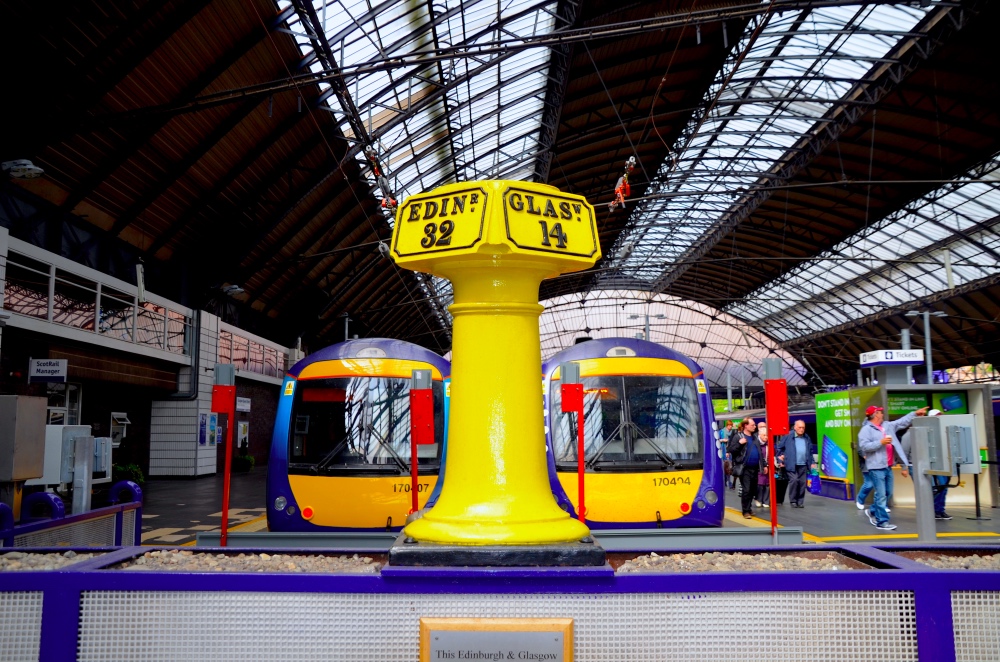Smart ticketing has made significant progress in the United Kingdom, but while there are a few challenges and points of friction to adoption, Rambus’ Russell McCullagh is optimistic about the future of smart ticketing. He said that while adoption in the UK has been a “sometimes frustrating and a slow journey,” he has nevertheless seen a “great acceleration” in the past two or three years, helped by the government’s eagerness to facilitate rollout. A PwC whitepaper’s statistics suggest that there is fertile ground for widespread adoption, saying that more passengers would be willing to adopt smart ticketing solutions if it saved them money.
While nearly all train operations will have some form of smart ticketing by the end of the year, with Transport for the North committing to further expansion, McCullagh is worried that transport operators “don’t publicize success as much as they might.”
Still, there is a demand for interoperability, including between rail and road modes. “Passengers want to be able to download an app and travel,” says McCullagh. To facilitate adoption and interoperability, he says that political will is required, suggesting that commitments should be written into franchise agreements with the Rail Delivery Group, working to ensure a consistent approach.
Standardisation Issues
Rambus hopes to use its smart ticketing product in the UK as a springboard for expansion into international markets, where it is submitting tenders. Because of different standards, achieving smart ticketing on a global scale is complex, according to McCullagh. However, the OSPT Alliance is helping to bring the industry together with common standards, which are gaining traction in Europe and South America.

The biggest takeaway from the British smart ticketing market is that interoperability requires standardized ways of exchanging data, and McCullagh believes ticketing could learn something from the banking sector, where credit cards use global standards.
McCullagh states that while there will always be a need for various forms of ticket media, passengers’ mobile devices are now “hugely important,” allowing them to bring together everything from planning, to ticketing, to topping-up payment accounts, all in one place
Conclusion
Paper ticketing, without a doubt, will remain for some time. However, McCullagh believes there is great potential for the smart ticketing market, which is already expanding at a great pace. There are challenges to adoption, such as a lack of standardization similar to that used by banks, along with operators being reluctant to report the success of their smart ticketing platforms. Still, McCullagh believes, as smart ticketing becomes more accepted, that paper tickets will eventually go the way of bank checks – still used, but not often. “It is like asking if we will send the end of cash,” he says. “Maybe one day.”
